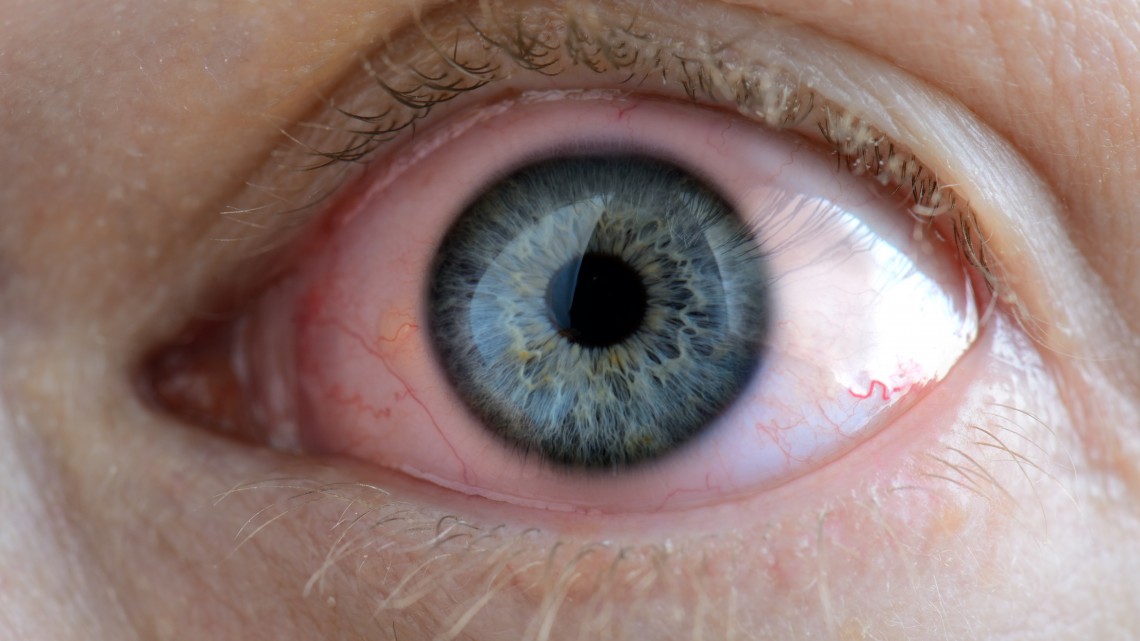Red, itchy, and watery eyes are common symptoms of eye allergies. In this era of industrialization and the subsequent increase in the pollutants in air eye allergies are a common thing.
An estimated 50 million Americans suffer from the miseries of allergies, with eye allergies being a common complaint. In general, an allergy is a hypersensitivity disorder of the immune system representing symptoms including red eyes, itchiness, runny nose, hives, eczema, or an asthma attack. But allergies affecting the eye cause redness, burning, itchy, and watery eyes.
Eye allergies are also known as allergic conjunctivitis. A common condition that occurs when the eyes react to something that irritates them (called an allergen). Like all allergies, eye allergies are caused by a temporary malfunction in the body’s immune system. The most characteristic symptom of an eye allergy is itching, and its symptoms can happen alone or along with nasal allergy symptoms.
Types and causes of allergies:
The causes of eye allergies are similar to those of allergic asthma, hay fever and atopic eczema (dermatitis). Certain medications and cosmetic products also play a significant role in causing eye allergies. However, there are two types of eye allergies. These are as follows:
- Seasonal allergies– As the name suggests, seasonal allergies occur certain times of the year, usually early spring through summer and into autumn. The primary cause of an eye allergy is due to the exposure to allergens like pollen from grasses, trees, and weeds.
- Perennial allergies- Perennial allergies occur throughout the year and are mainly caused by exposure to dust mites, feathers and pet dander. Sometimes various substances like smoke, chlorine, air pollution, perfumes, cosmetics, and certain drugs, also play a significant role.
You are susceptible to allergic conjunctivitis if you have allergies or live in a high pollen count location.
How to treat eye allergies?
Your first approach to treat allergic conjunctivitis involves home remedies that should be the combination of prevention strategies and activities to ease your symptoms. In order to control eye allergies follow the below-mentioned steps:
Avoiding allergens:
- Avoid rubbing itchy eyes, as rubbing worsens the allergic reaction. Instead rubbing your eyes, you can wash your eyelids and lashes with cold water.
- Stay indoors in mid-morning and early evening time, as pollen counts are highest during these hours.
- Close your windows and switch on the air conditioner because ceiling or window fans can draw in pollen and mold spores.
- In case you go out, wear eyeglasses, as these can help block pollen from your eyes.
- Wash the bedding frequently
- Clean the floors with a damp mop
- Consider replacing rubs and carpets of the house at regular intervals if you have a pet.
- If pet dander is the real culprit, then keep your outside the house as much as possible.
Over-the-counter eye drops:
There are a number of non-prescription eye drops that are available in the market to provide you relief from itchiness, redness and watery eyes. In case your allergy symptoms are mild, over-the-counter eye drops may efficiently work for you.
Medications for eyes allergies:
If avoiding allergy triggers and over-the-counter eye drops aren’t enough in relieving eye allergy symptoms you need to rush to the doctor. He/she may recommend drugs that may help you get rid of the situation.
- Antihistamines- Antihistamines are prescribed when the symptoms are severe. These work effectively by reducing the symptoms caused by allergic reactions.
- Decongestants- Decongestants like Phenylephrine, and Pseudoephedrine are prescribed to shrink the swollen nasal passages for comfortable breathing. These also reduce the size of the blood vessels on the white (sclera) of the eye to relieve red eyes.
- Non-steroidal anti-inflammatory drugs (NSAID) – Your doctor may recommend you to take NSAID eye drops to decrease swelling, inflammation and other symptoms associated with seasonal allergic conjunctivitis.
Immunotherapy:
To regain the immunity this treatment is performed by an allergy specialist. You may be injected with small amounts of allergens that will help you build your immunity.
Conclusion:
Eye allergies are common and cutting off the exposure completely with the environmental factors can be difficult. But, you can lead a happy life if you follow the steps mentioned above.









